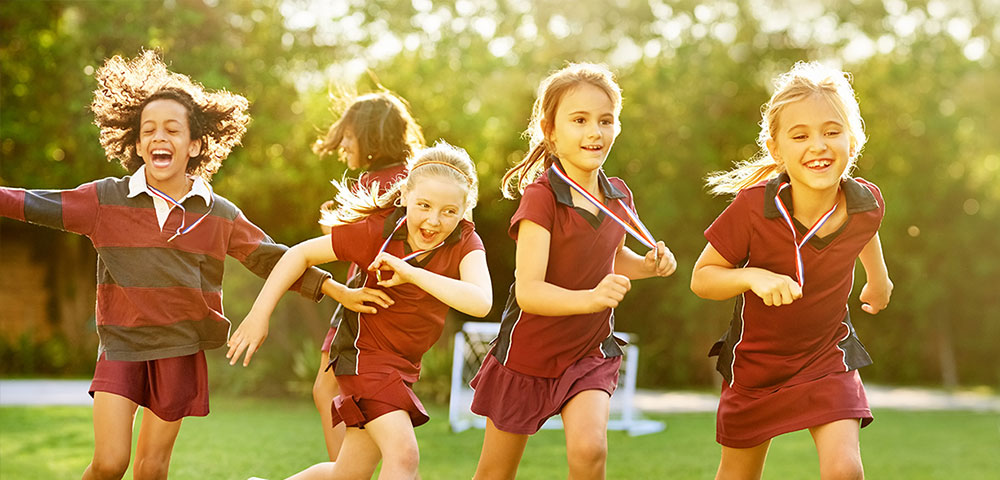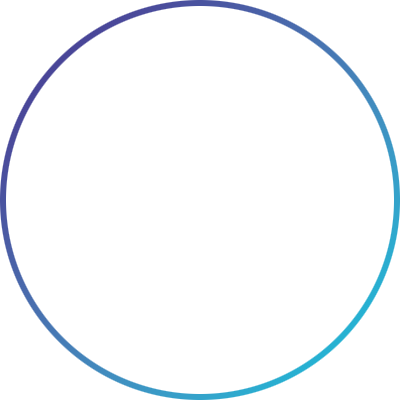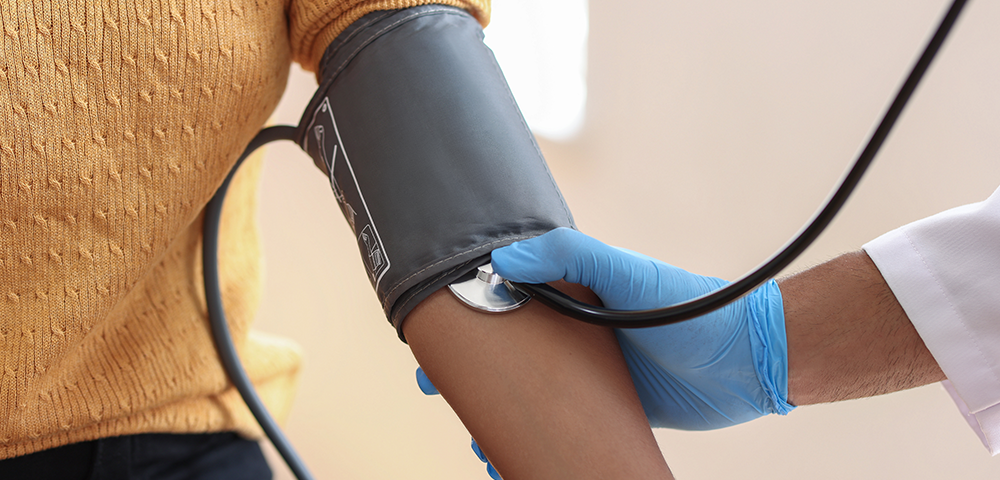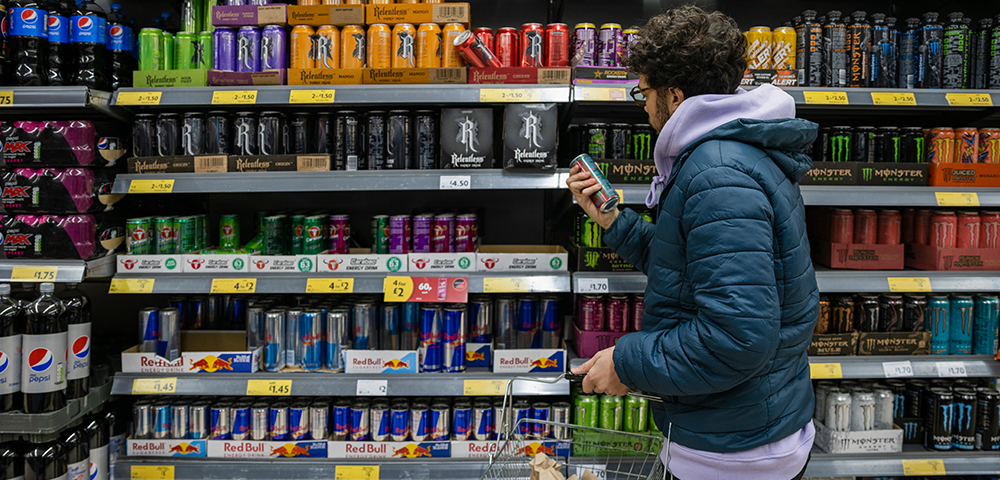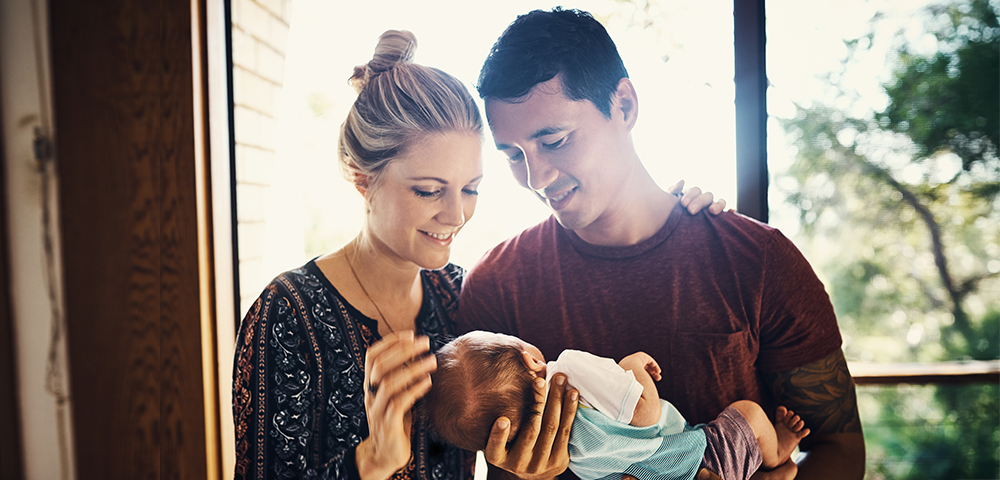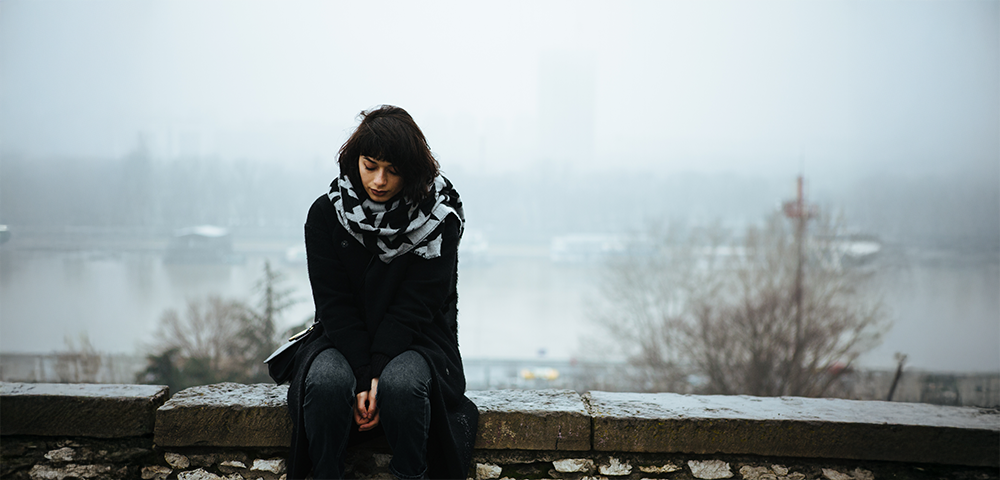by Dr. Agata Toborek, Lexington Clinic Pediatrics
A concussion is a brain injury following a hit to the head, a jolt, or a fall causing the brain to suddenly move within the skull. It causes no visible changes on head imaging (such as a CT scan and MRI) but can cause abnormal functioning of brain cells leading to symptoms including headache, difficulty concentrating, nausea, dizziness, sensitivity to light and sound, and feeling “foggy.”

There are some “red flag symptoms” after a head injury that would warrant an emergent evaluation for a possible brain bleed or other severe injury. These include a severe headache that is progressively worsening or not improving, repeated vomiting, difficulty to wake, seizure, confusion such as inability to recognize people or places, weakness or numbness, slurred speech, poor coordination with walking, unequal pupils and loss of consciousness.
If your child sustains a head injury during a sporting event, they immediately need to stop play. They should not return to play until a medical provider can evaluate your child and medically clear them for return.
The primary treatment for concussions is rest. Most kids get better within 2 weeks, although some kids can have lingering symptoms for weeks to months after a concussion. Having good sleep is crucial while recovering from a concussion. Your child should also eat regular meals, drink lots of water and avoid excess screen time.
For the first couple of days after injury, your child should rest from both physical and mental exertion. They may need to miss school briefly or have temporarily decreased school hours. As they feel better, they can return to fulltime schoolwork.
Once your child can participate fully in school, they can start a gradual return to physical activity. The Centers for Disease Control and Prevention (CDC) and the American Academy of Pediatrics recommend a stepwise return, with your child staying at least 24 hours at each step to ensure their symptoms do not return. Kids should start with light aerobic exercise such as walking or stationary biking. The next step is moderate activity such as jogging. Next is non-contact training activity such as drills or sprinting. Next is full contact practice, and the final step is competition. Following these guidelines, it takes at minimum 5 days to return to competition after restarting physical activity. If your child has headache, dizziness, nausea or any other symptoms of concussion at any point, they need to go back to the previous step in their physical activity.
Your child’s pediatrician is a great resource for your child if they sustain a concussion to help guide their recovery and return to play.
Agata M. Toborek, MD is board-certified in pediatrics. She provides services in general pediatrics and her professional interests include caring for children from the time they are newborns until they become young adults.
Dr. Toborek is accepting new patients. She offers complementary prenatal visits, both in-person and via telehealth, for expecting parents to meet her and discuss any questions or concerns ahead of their baby’s delivery.
Dr. Toborek may be reached at (859) 258-5141.

